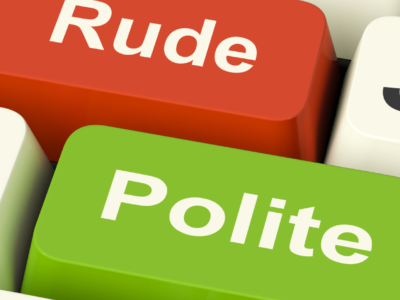Last week we talked about the shocking ethnic pay gap in the UK, which revealed an incredible disparity in earnings between those of ethnic backgrounds and White British nationals. Black Africans, for instance, bring home £5,600 less than White Britons on average, and Bangladeshi households £9,800 less than their White British counterparts.
Further highlighting the endemic issue with gender, ethnicity and pay, Serena Williams has made a thunderous call for black women to demand equal pay and close this gap once and for all.
Writing for Fortune, and coinciding with Black Women’s Equal Pay Day, Serena stated that the gender pay gap is most detrimental to women of colour – being that they are hit by both gender and racial biases. Highlighting the fact that in the US, black women earn 63 cents for every dollar a man earns, itself 17% less than the average white women earn.
In turn, the tennis superstar asserted that black women must work 8 months longer to earn the same as a man does in one year – a truly unacceptable statistic. And whilst for many on the outside it might seem like the life of an international sports superstar is one of luxury, Serena has revealed that she has been a victim of racism and prejudice:
“I’ve been disrespected by my male colleagues and – in the most painful times – I’ve been the subject of racist remarks on and off the tennis court.”
What’s perhaps most unbelievable is that this is completely believable. In recent years there have been plenty of high profile cases of males in the world of tennis blurting out harmful, sexist rhetoric. Famously in 2016, Raymond Moore, the chief executive of the Indian Wells tennis tournament, stated:
“You know, in my next life, when I come back, I want to be someone in the WTA because they ride on the coattails of the men… They don’t make any decisions, and they are lucky. They are very, very lucky. If I was a lady player, I’d go down every night on my knees and thank God that Roger Federer and Rafa Nadal were born because they have carried this sport. They really have.”
A statement that beggars belief, especially from the CEO of a world renowned tennis tournament. Further, in April this year, ex-Romanian tennis star Ilie Nastase made racist comments on the skin colour of Serena’s unborn baby, and was reported to have been cursing both Williams and her fellow tennis player Johanna Konta.
Famous for his big mouth, John McEnroe also decided that it was a good idea to criticise Serena on her achievements by stating that she would only, “be, like, 700 in the world” if she was playing against men. A reframing of a point that no-one was making, and just goes to show how embedded the toxic nature of sexism is in sports.
Acknowledging the fact that she is in a fortuitous position, Serena accepted that she was in a “rare position to be financially successful beyond [her] imagination”, though that had she not taken to tennis quite as she did, she would be facing the same wage disparity as 24 million black women in the US.
In her rousing open letter, Serena implored:
“The cycles of poverty, discrimination and sexism are much, much harder to break than the record for Grand Slam titles. For every black woman that rises through the ranks to a position of power, there are too many others who are still struggling.
“We deserve equal pay for our mothers, our wives, our daughters, our nieces, friends, and colleagues – but mostly for ourselves.
“Black women: be fearless. Speak out for equal pay. Every time you do, you’re making it a little easier for a woman behind you. Let’s get back those 37 cents.”
And this last point is a particularly pertinent one. Back in 1979 black women were near parity with white women in the US, however in 2016 white women’s wages grew to 76% of white men’s, whereas black women earn just 67% of what white men do.
Which highlights the fact that whilst the consensus is that we’re progressing as a society, there is an avalanche of evidence to show that we’re just papering over the cracks. Real change needs to happen, and with someone like Serena championing equal pay in such a vociferous manner, we can rest assured that her voice is being heard.
[Tweet “Serena Williams’ Impassioned Call For Equal Pay”]
[subscribe2]








